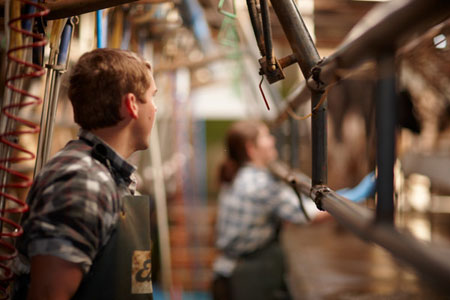Extreme weather conditions in February continue to challenge farmers across all dairying regions. Bushfires in Tasmania and Western Australia have impacted
dairy farms. As farm businesses may be affected by elements beyond their control, preparing for threats is essential to protect your family, staff,
livestock and business. ADF’s primary focus is to ensure famers are equipped with fundamental information and to work with its state members with recovery
efforts.
To access resources and tools to help manage extreme weather events, refer to Dairy Australia’s website here.


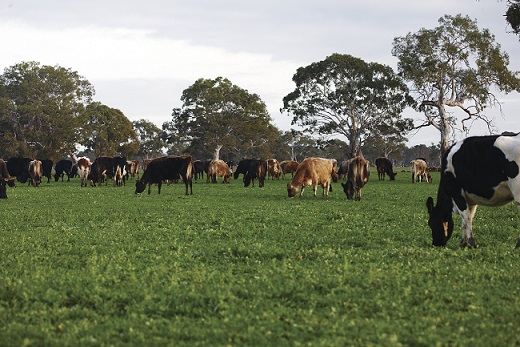

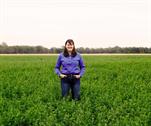

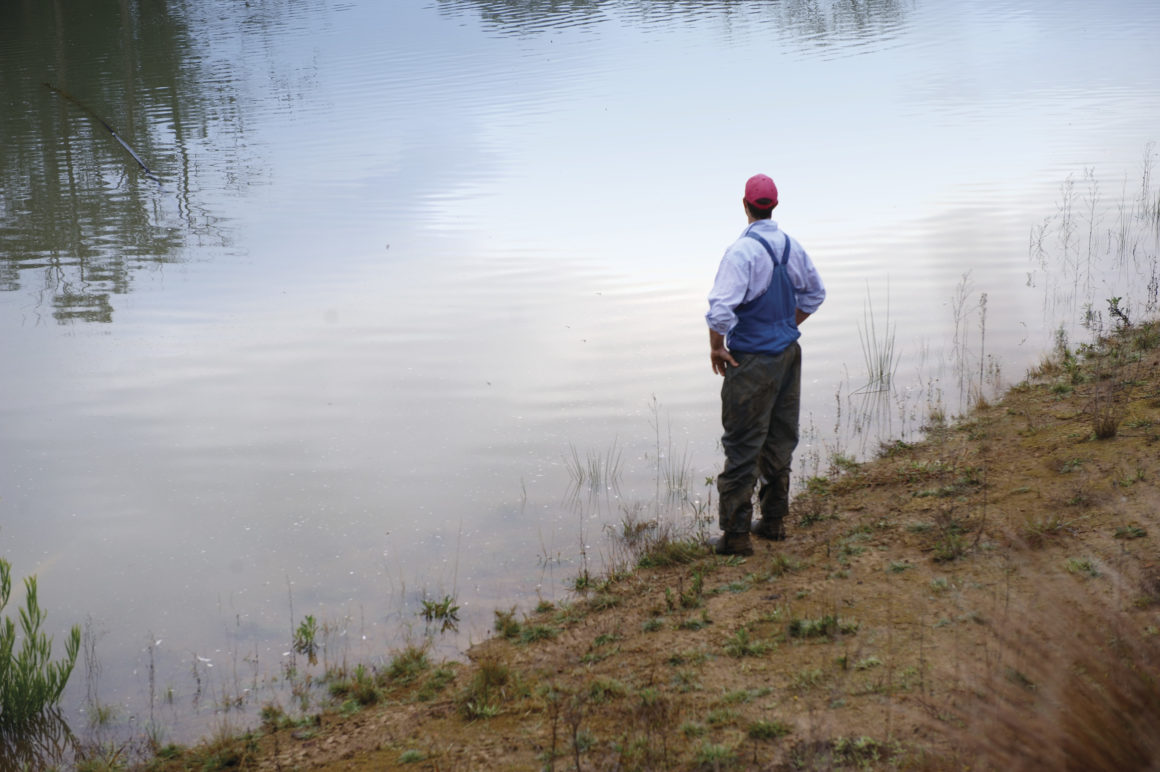
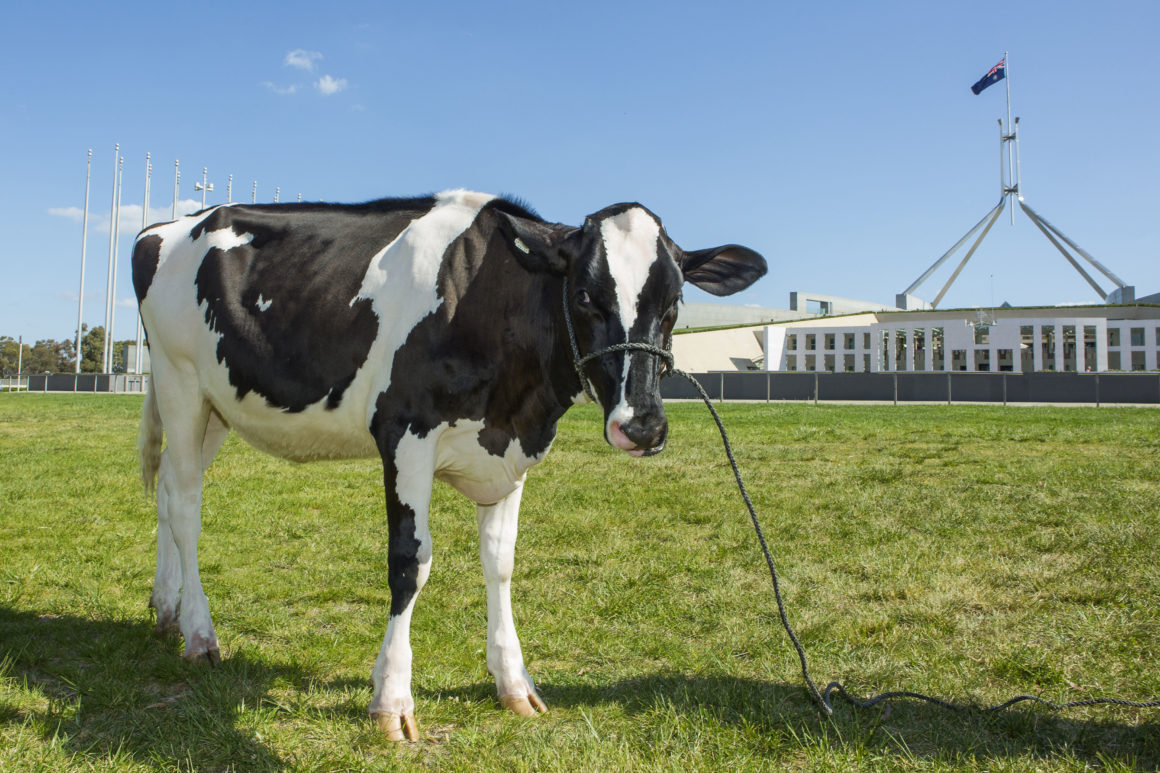



 Terry Richardson
Terry Richardson
